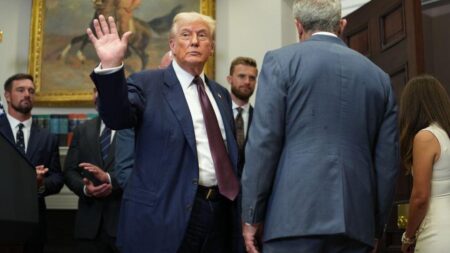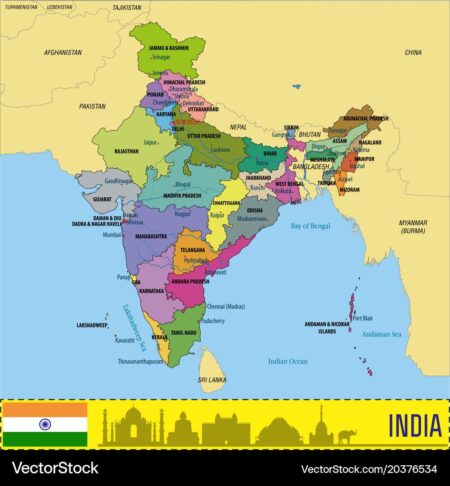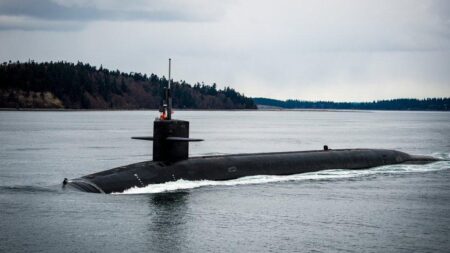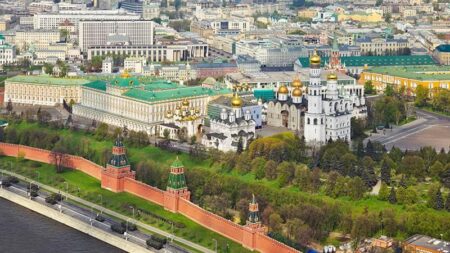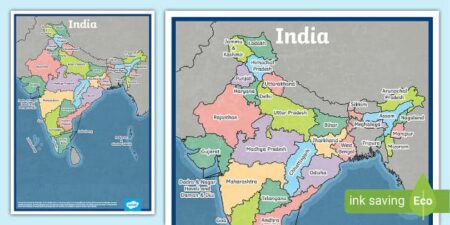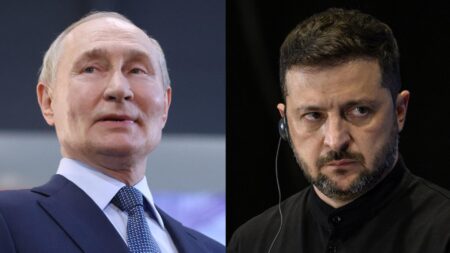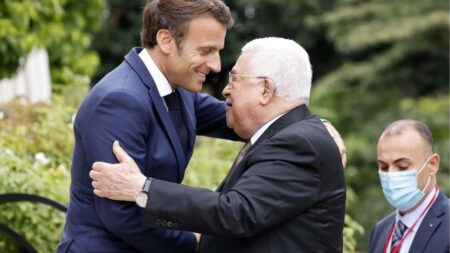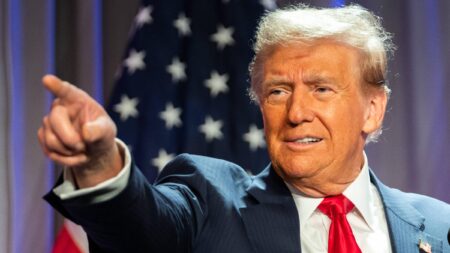Former President Donald Trump voiced doubt about the power of financial penalties on Russia, saying they “may or may not” be effective. His remarks intensify the heated debate over the true impact of sanctions, according to The New York Times
Browsing: Geopolitics
India has firmly rejected the U.S. penalty on its Russian oil imports, standing up for its sovereign right to trade freely. Officials told UPI.com that open dialogue is essential to resolve these differences and move forward together
India has boldly declared it will continue purchasing Russian oil, dismissing former President Trump’s warnings of potential consequences. This decision underscores New Delhi’s steadfast dedication to meeting its energy demands despite the swirling global uncertainties
China is carefully charting a delicate course in Ukraine, aiming to foster stability and strengthen economic ties-all while skillfully avoiding direct confrontations with the West amid escalating geopolitical tensions
Former U.S. President Donald Trump has reportedly ordered the redeployment of two nuclear submarines near Russian waters following a heated clash with Dmitry Medvedev, ramping up military tensions in the region
Russia’s reported capture of the Ukrainian town Chasiv Yar represents a significant strategic victory in the Donetsk region, highlighting Moscow’s determined effort to strengthen its hold over eastern Ukraine amid intense and ongoing battles
Canada and Malta are on the brink of recognizing the Palestinian state, joining France-and potentially Britain-in a groundbreaking diplomatic move. This bold development signals growing international support for Palestinian statehood amid ongoing tensions
China’s most dynamic cities are fueling a powerful wave of economic growth, as Japan unveils an ambitious new space defense strategy in response to escalating regional tensions. SCMP Daily delivers the latest breakthroughs shaping Asia’s geopolitical and economic landscape
Former President Trump reportedly suggested handing Russian President Vladimir Putin a victory in Ukraine, aiming to bring the conflict to a quick close. However, Putin rejected the proposal, driven by broader strategic goals, according to the Atlantic Council
French President Emmanuel Macron announced that this September, France will take a bold and historic step by officially recognising Palestine as a state-marking a significant shift in the nation’s stance on the Middle East amid rising Israeli-Palestinian tensions
The Kremlin has revealed that a meeting between President Vladimir Putin and former U.S. President Donald Trump at the upcoming China summit “cannot be ruled out,” igniting excitement and sparking intense speculation about potential high-stakes diplomatic talks
Indian Prime Minister Narendra Modi is strengthening diplomatic and economic ties with the Maldives, actively challenging China’s growing influence in the region and highlighting New Delhi’s unwavering commitment to securing its strategic presence in the Indian Ocean
In a remote Chinese border town, vibrant trade and a steady stream of goods are injecting fresh energy into Russia’s struggling economy despite ongoing sanctions. This crucial hub showcases the expanding economic ties that are reshaping the region’s future
Russia has triumphantly launched Iran’s latest satellite into orbit, marking a thrilling milestone in their space partnership. Officials reveal that this state-of-the-art satellite will dramatically enhance Iran’s communication and surveillance capabilities, ushering in a new era of technological power
Germany’s recent call for France’s nuclear shield confronts a stark reality: Paris draws firm lines around its security promises, highlighting the complex challenges facing European defense amid rising geopolitical tensions, reports the WSJ
France’s recent recognition of the state of Palestine has sparked a passionate debate. Supporters hail it as a historic breakthrough, while critics warn of possible diplomatic upheaval in the delicate Middle East arena
As former President Trump works to deepen connections with a more assertive Beijing, the once-dominant hawkish voices on China are gradually fading away. This evolving dynamic signals potential shifts in U.S. policy amid rising geopolitical tensions
China’s $167 billion mega-dam project in Tibet has ignited fierce debate, sparking urgent concerns over environmental harm, regional water security, and rising geopolitical tensions with downstream nations that rely on the crucial Himalayan rivers
Iran and Russia have launched joint naval drills in the strategically crucial Gulf of Oman, boldly challenging U.S. influence in the region. These exercises showcase their growing military partnership amid rising geopolitical tensions
A former Russian parliament member reveals striking parallels between America and Putin’s Russia, challenging us to rethink the political and social forces we often overlook. Dive into these compelling insights in the San Francisco Chronicle

